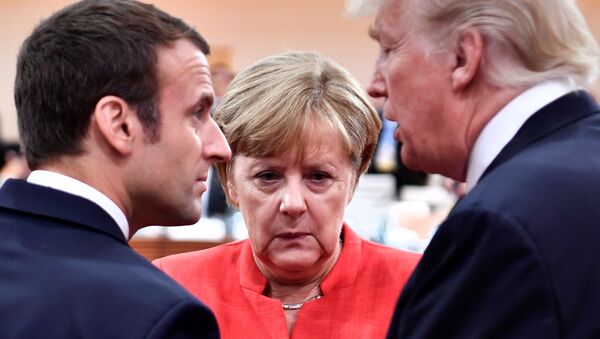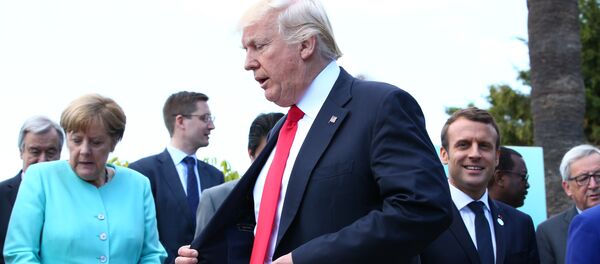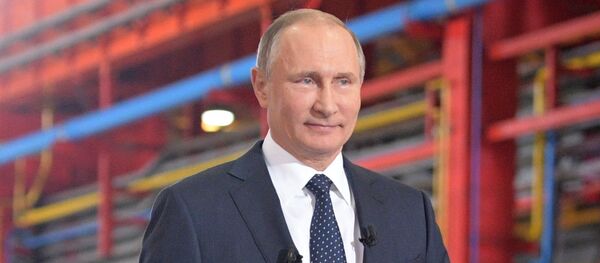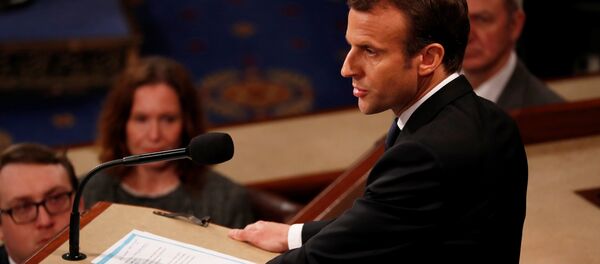Washington's recent sanctions on Moscow, announced in response to an alleged attack on former spy Sergei Skripal and his daughter Yulia, may eventually backfire on the US' European allies since they remain dependent on supplies from Russia's Rusal aluminum company, which is subjected to US restrictions.
"European allies accuse the White House of the 'economic egoism'," Sputnik contributor Igor Gashkov notes. "From 30 to 40 percent of European aluminum is supplied by Russia. Leading companies of the Old Continent, for instance Volkswagen, could suffer losses due to their long-established economic ties. The leaders of France, Germany and Italy believe that the wording of the new anti-Russian sanctions should be revised."
According to the Financial Times, France has called upon its European allies, including Germany, Italy and Britain, to convince Washington that the latest package of anti-Russian sanctions should be eased.
Rusal is Russia's biggest aluminum producer and one of the world's biggest suppliers of the metal, possessing a 17 percent share of the world's aluminum market (not counting China).
However, there is little time for negotiations, Gashkov notes, adding that the US sanctions might come into force in May-June 2018. Furthermore, according to unofficial information, Washington plans to withdraw from the nuclear agreement with Iran, which will also inflict billion-dollar losses upon the European businesses, he added.
"The Western countries' sanctions policies are not all alike," Yury Rubinsky, head of the Center for French Studies at the Institute of Europe of the Russian Academy of Sciences (IE RAS) told Sputnik. "The US is trying to isolate our country from the world economy. The EU adheres to another strategy [the US approach] is simply not profitable for the bloc."
Meanwhile, the Russian-German Chamber of Commerce and Industry report highlighted that due to the latest round of Washington's anti-Russian sanctions "the German economy is facing damage in the short term to the extent of more than one hundred million euros, and in the long term projects a total value of several billion euros may be threatened."
On April 6, the Trump administration announced new anti-Russian sanctions on 38 Russian individuals and entities, including businessman Oleg Deripaska, along with Rusal and En+ Group which are controlled by him, Viktor Vekselberg and his Renova Group, the head of Gazprom Alexey Miller, and VTB Bank President Andrey Kostin.
In addition, the Iran nuclear deal, also known as the Joint Comprehensive Plan of Action (JCPOA), which was signed by the P5+1 group, the EU and Tehran in 2015, is hanging in the balance.
It is expected that French President Emmanuel Macron and German Chancellor Angela Merkel will address the issue during their meetings with President Trump in Washington this week.
Thus, on April 25, Macron stated while delivering his speech to the US Congress that France is not going to exit the Iranian nuclear deal. His vow comes after EU foreign policy chief Federica Mogherini called upon all parties involved to remain committed to the agreement.
The views expressed in this article are solely those of the contributors and do not necessarily reflect the official position of Sputnik.






